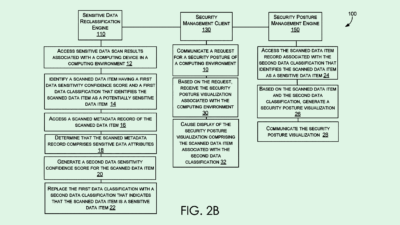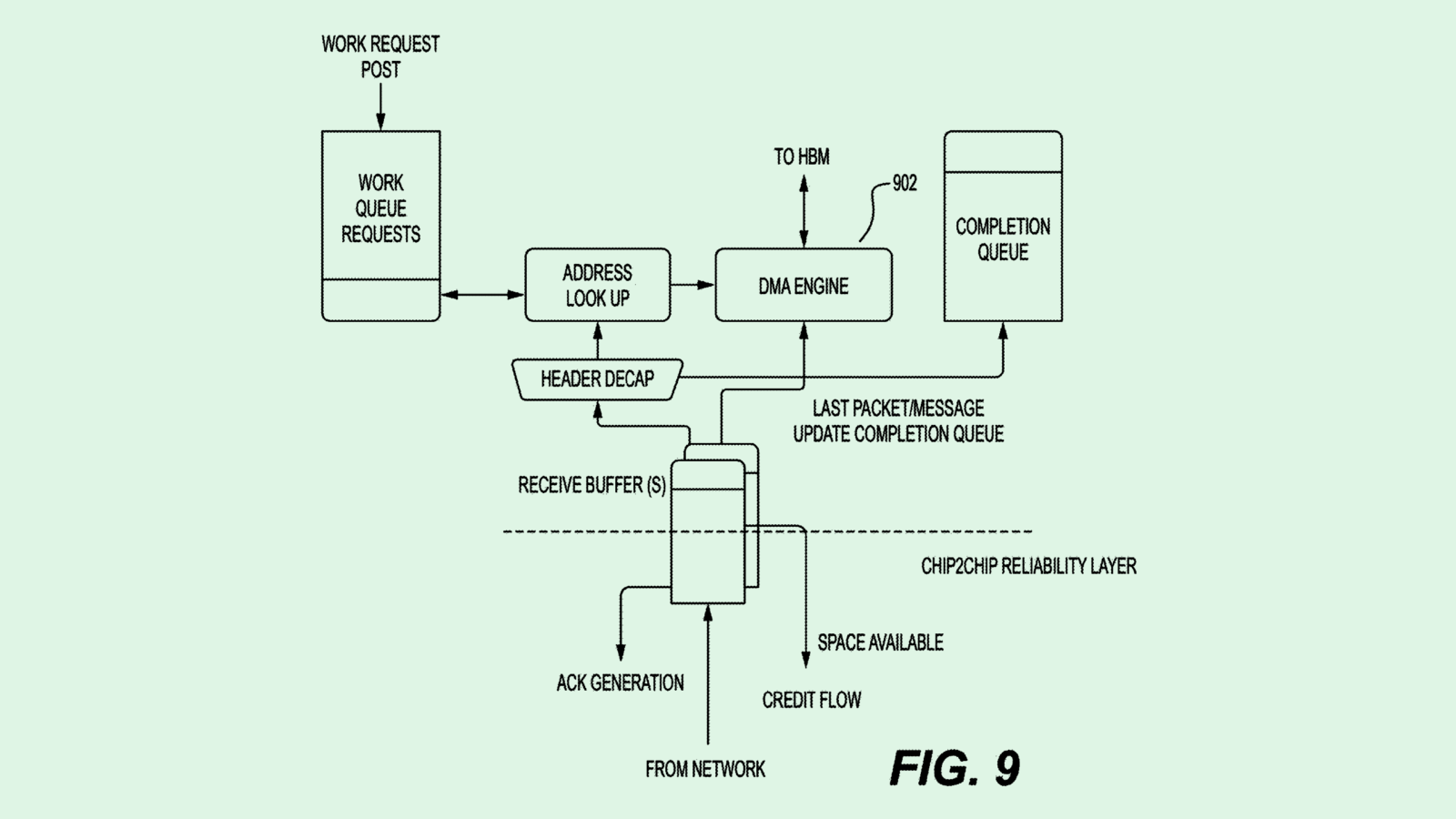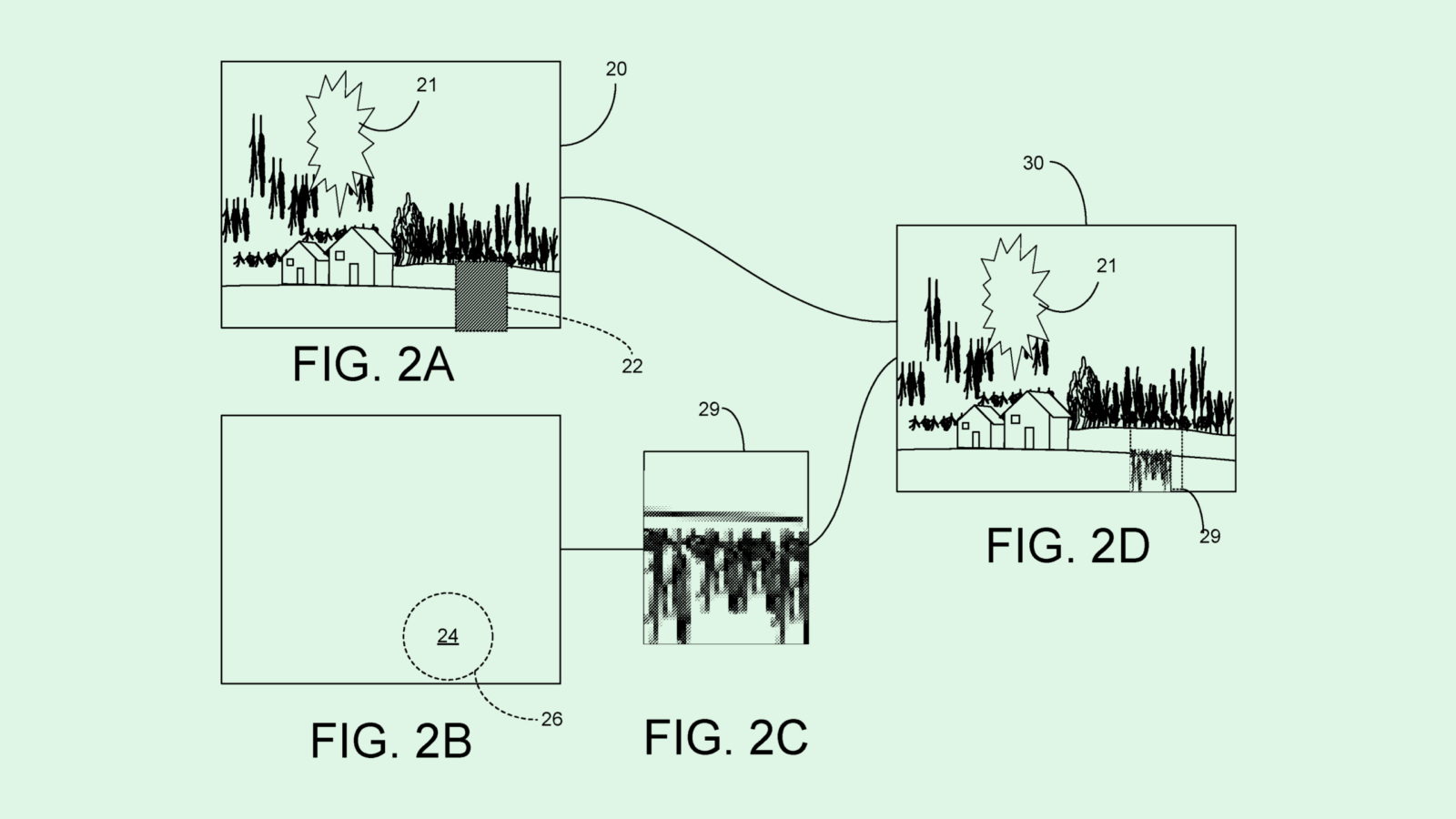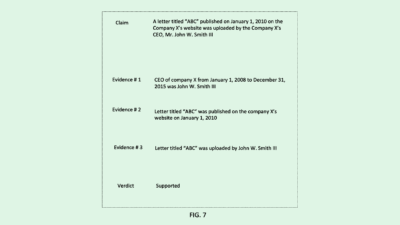Ford EV Slowdown Signals a Market “Inflection Point”
Charging infrastructure remains a barrier in EV adoption.
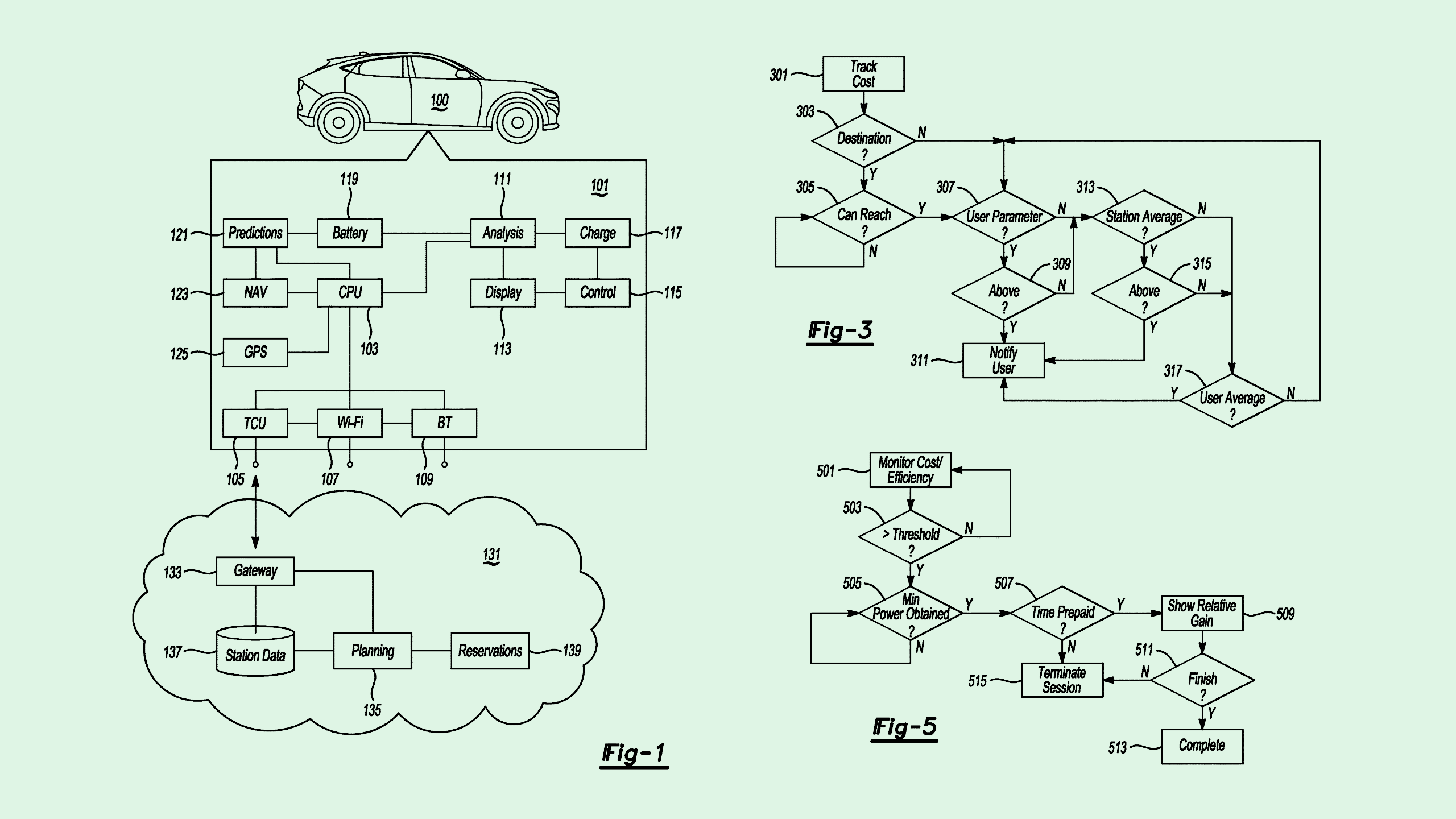
Sign up to uncover the latest in emerging technology.
Ford thinks you should know how much you’re really paying at the plug.
The automaker filed a patent application for “true electric vehicle charging price evaluation and optimization.” Ford’s tech essentially monitors a vehicle’s battery state to optimize the time and cost of EV charging for the driver.
The cost of public charging stations often “do not have consistent pricing and charging services,” Ford said, and can vary significantly due to things like demand and load on the grid. Additionally, a crowd at one station can lead to longer charging times.
To pick a charging station, Ford’s system monitors an EV battery’s state of charge and temperature, which impacts how quickly a battery can charge without risk of damage. Based on these conditions, the system calculates a “charge acceptance rate,” determining how quickly it can be charged safely.
Ford’s system then searches for nearby charging stations within a predefined range to find options that can meet the battery’s current needs, as well as the driver’s preferences. These options, plus information such as “price per mile” of charging, is displayed in a vehicle’s user interface. It may also suggest stations that offer quicker charging at higher prices.
Charging infrastructure remains a barrier in EV adoption, said Matt McCaffree, general manager of EV charging at FLASH Parking. Put simply, charging isn’t growing as fast as adoption, he said. “If the industry doesn’t start matching that growth rate, then there’s a risk of frustrations and a lack of faith across the consumer base,” he said.
And Ford has taken on this problem before: Some of the company’s previous IP includes “smart charge scheduling,” grid demand prediction, and modular in-home charging tech. This filing, however, presents a more “sophisticated” method of charging tracking than past patents have, said McCaffree. And as the market develops, it’s likely that patent applications will become more advanced, too.
Charging aside, the EV market may be facing an abundance of growing pains. Growth in demand has slowed from its initial rapid climb, and automakers have been forced to adjust their expectations – Ford included.
In late October, Ford announced that it will pause production of the F-150 Lightning pickup truck, its signature EV, through the end of the year. The automaker’s CEO Jim Farley warned of a “slow uptake of EVs” during its recent earnings call.
Though these seem like bad omens, McCaffree said, these may be a sign that EV adoption is simply “beyond its inflection point.” The slowdown may look “dramatic,” but as adoption continues to move forward, sales slumps are “naturally going to happen as you hit higher saturation in any market,” he said.



